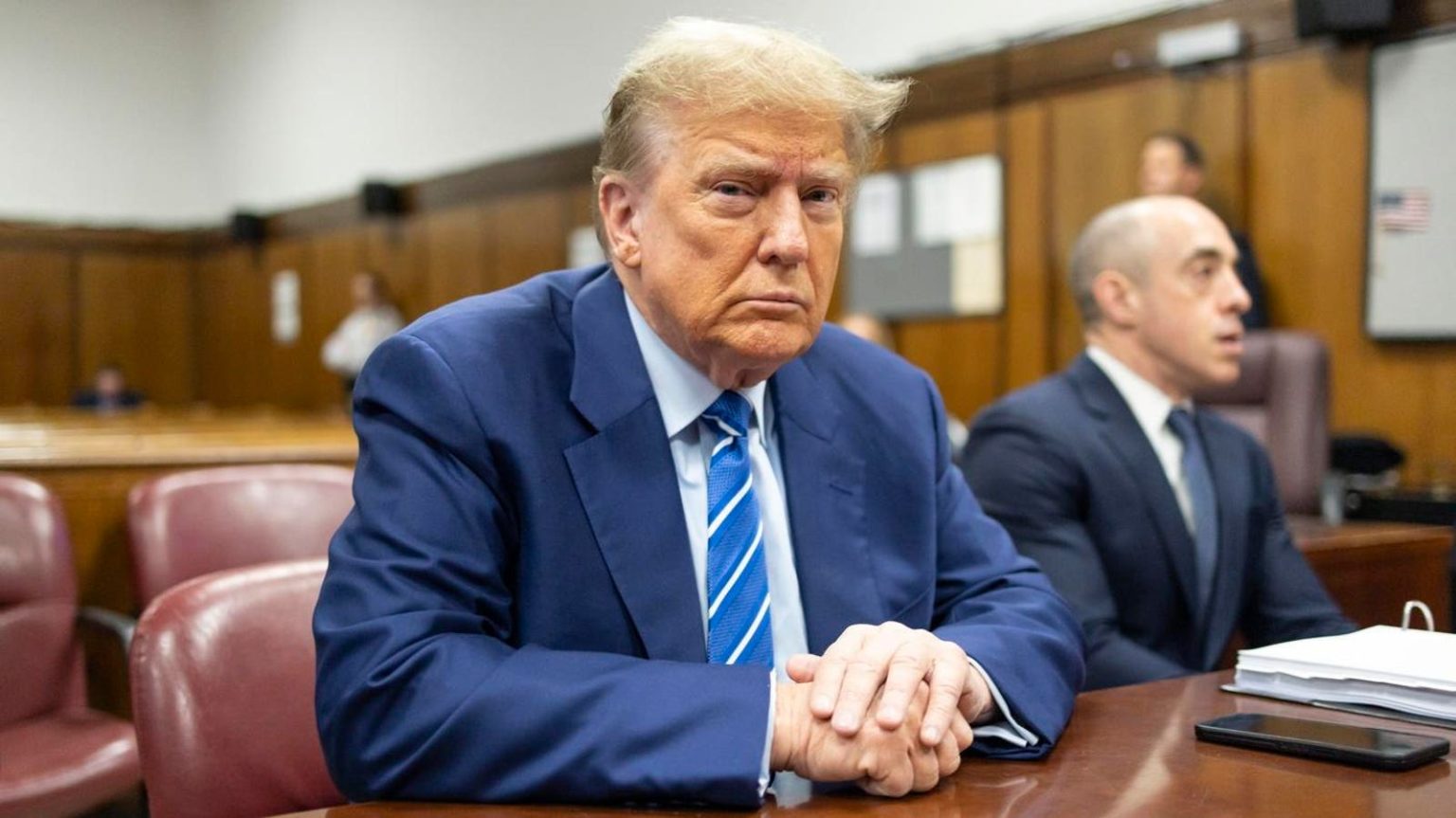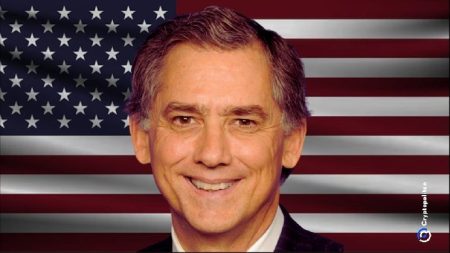Trump’s Conviction Stands: Sentencing Set Days Before Inauguration, But No Prison Time Expected
Former President Donald Trump’s historic conviction on 34 felony counts of falsifying business records will stand, a New York judge ruled on Friday, rejecting Trump’s arguments that his recent presidential election victory should nullify the verdict. Judge Juan Merchan scheduled Trump’s sentencing for January 10th, just ten days before his scheduled inauguration, but simultaneously indicated that he does not intend to impose a prison sentence. This decision sets the stage for a highly unusual scenario: a convicted felon assuming the presidency.
The case stems from hush-money payments made to adult film star Stormy Daniels during the 2016 presidential campaign. Prosecutors successfully argued that Trump falsified business records to conceal the true nature of these reimbursements to his former attorney, Michael Cohen. Trump has vehemently denied any wrongdoing, characterizing the case as a politically motivated "witch hunt." Following his conviction in May, Trump’s legal team sought to have the verdict overturned, citing his election victory and arguing that continuing the legal proceedings would impede his presidential duties and violate the Constitution’s Supremacy Clause.
Judge Merchan dismissed these arguments, asserting that Trump’s election does not invalidate the jury’s decision and that the sentencing, while proximate to the inauguration, does not interfere with the presidential transition. The judge further noted that the January 10th sentencing date was a consequence of Trump’s own repeated requests for postponements, initially seeking to delay sentencing until after the election. Merchan characterized Trump’s current objections as “disingenuous,” given his prior acquiescence to a post-election sentencing timeframe.
While avoiding prison time, Trump still faces potential fines of up to $170,000 – $5,000 for each of the 34 counts. Judge Merchan acknowledged the impracticality of imposing a prison sentence on a president-elect and offered Trump the option of appearing virtually for the sentencing to minimize disruption to his transition activities. The judge’s decision against incarceration was anticipated, given the unprecedented nature of imprisoning a president-elect.
Trump’s spokesperson, Steven Cheung, condemned the ruling, asserting that the case was baseless and demanding its immediate dismissal. Cheung echoed Trump’s accusations of a politically motivated prosecution, arguing that the legal proceedings should not obstruct Trump’s presidential duties. Despite the judge’s decision, Trump retains the option to appeal the ruling before the January 10th sentencing. Furthermore, after sentencing, Trump can appeal the conviction itself, seeking to overturn the jury’s verdict in a higher court. The timeline and implications of these potential appeals remain uncertain, particularly given Trump’s impending presidency.
The conviction carries potential ramifications beyond financial penalties. Trump’s status as a convicted felon could complicate his international travel as president, potentially requiring him to seek special waivers to enter countries with restrictions on convicted felons, including key allies like the United Kingdom, Canada, and Australia. This adds another layer of complexity to an already unprecedented situation.
This case marks a watershed moment in American history, with a former president facing criminal charges and conviction while simultaneously preparing to retake the highest office in the land. The ongoing legal battles and the potential for future appeals ensure that this saga will continue to unfold, even as Trump prepares to return to the White House. The intersection of criminal law and presidential power presents uncharted territory, with far-reaching implications for the American legal and political landscape.











